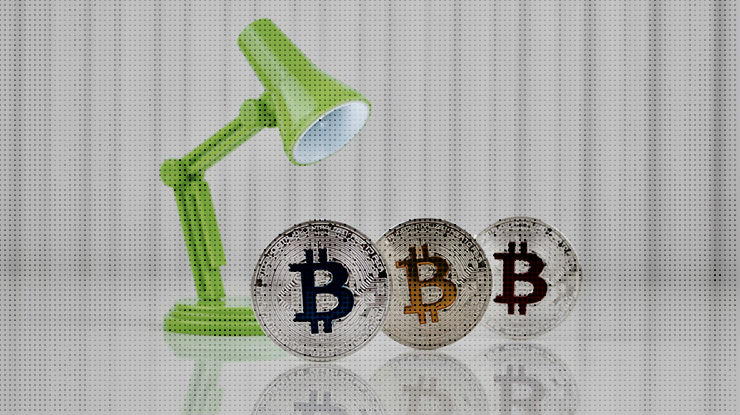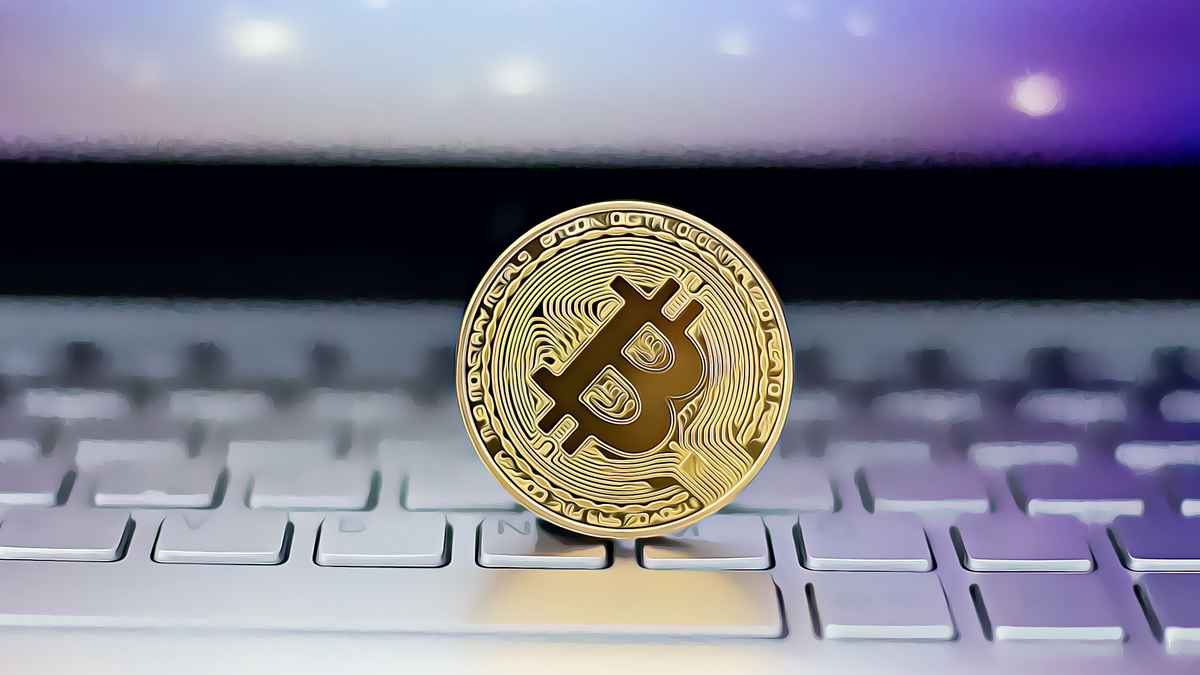In Nigeria, fintech companies are warning their users not to use their accounts for cryptocurrency transactions or face severe sanctions during the country’s efforts to legally regulate its cryptocurrency. Nigerian-based fintech firms such as Moniepoint, PalmPay, and Paga have informed their customers that their accounts could be blocked if they facilitate crypto transactions. This situation arose after the Central Bank of Nigeria stopped accepting new customers at some new banks, including Moniepoint.
What Did the Warnings Say?
On May 2, 2024, Moniepoint notified its customers that “in accordance with CBN regulations, we will close the accounts of anyone dealing with crypto or other crypto asset transactions and share their details with the relevant authorities.”

This notification indicates a shift in the CBN’s plans to lift the ban on cryptocurrencies introduced in 2021. A CBN circular published in December 2023 directed the central bank to facilitate the account opening process for financial institutions, provide agreed-upon conciliation services, and mediate for companies dealing with crypto asset transactions.
What Else Was in the Circular?
The December circular also replaced the 2017 and 2021 circulars, changing regulations that restricted banks and other financial institutions from operating accounts for cryptocurrency service providers. A PalmPay customer, referred to as User X, stated that their account was frozen and would only be unfrozen if they signed an agreement to avoid crypto transactions.
Paga also sent an email to its customers stating that CBN had licensed it and it was committed to complying with all regulations:
“According to the CBN circular, we would like to remind you that transactions or facilitation of transactions in cryptocurrency and other crypto assets are not permitted.”
The circular Paga referred to dates back to 2017 and warns banks and other financial institutions about their relationships with customers who deal in crypto exchanges and cryptocurrencies.
Ban on Financial Institutions
A previous report claimed that the CBN had issued a directive to all banks and financial institutions. This directive identified individuals or organizations transacting with cryptocurrency exchanges and demanded that these accounts be placed under a “No Debt” instruction for six months. However, the CBN denied this report.
The circular also states that regulated financial institutions dealing with cryptocurrencies or facilitating payments for crypto exchanges are prohibited from transacting.

 Türkçe
Türkçe Español
Español









